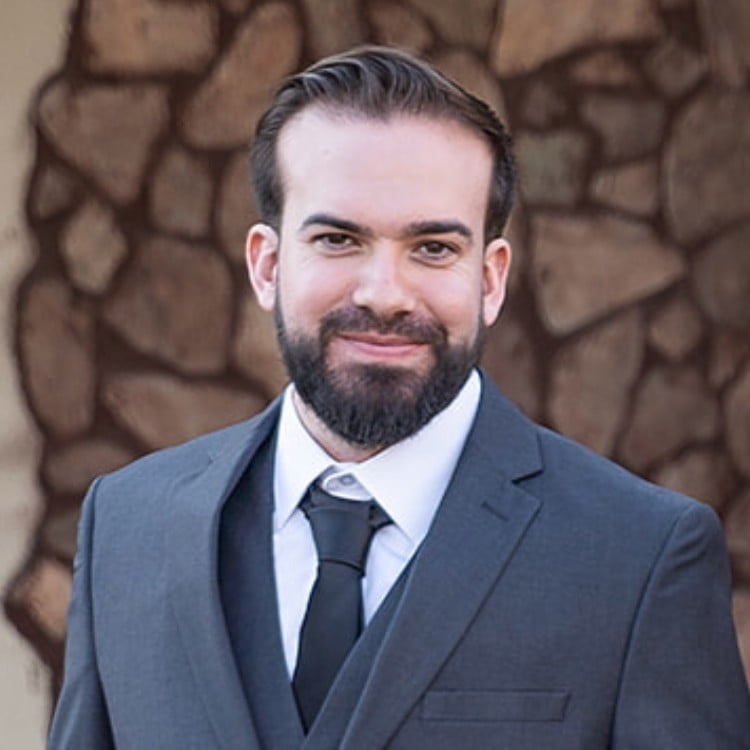

Addiction doesn’t only affect the young. Millions of seniors silently struggle with substance abuse every day. According to the National Institute on Drug Abuse, over 1 million adults aged 65 and older live with a substance use disorder, and that number is expected to rise as the population ages.
As George Eliot once said:
“It is never too late to be what you might have been.”
For older adults, addiction may feel hopeless or shameful. Many hide their drinking or prescription misuse from family. But there is hope. Addiction treatment options for the elderly are designed to meet the unique needs of older adults and help them find healing, health, and dignity again. If you’re searching for senior rehab programs for yourself or a loved one, it’s never too late to start.
Why Addiction Treatment Options for the Elderly Are Critical
Substance abuse in seniors is often overlooked. Here’s why treatment is essential:
- Medication misuse: Many elderly people become addicted to painkillers, sedatives, or sleeping pills prescribed by doctors.
- Alcohol abuse: Drinking to cope with loneliness, grief, pain, or depression is common in this age group.
- Higher health risks: Older bodies can’t process drugs or alcohol like younger people, leading to falls, confusion, heart problems, and overdose at lower doses.
- Isolation: Many seniors live alone or in care facilities, making it easier to hide addiction and harder to get help.
Ignoring addiction in seniors can shorten lives, worsen chronic illnesses, and destroy precious relationships in later years.
The Dangers of Ignoring Addiction in Seniors
Addiction is deadly at any age, but seniors face unique dangers:
- Falls and injuries: Substance use increases the risk of falls, fractures, and head injuries.
- Cognitive decline: Alcohol and drug use worsen memory loss and dementia symptoms.
- Overdose risk: Older adults metabolize substances more slowly, leading to accidental overdose.
- Depression and suicide: Seniors with addiction are at higher risk of severe depression and suicide.
- Hospitalization: Addiction can lead to repeated ER visits and hospital stays, affecting overall quality of life.
Statistics Highlighting the Need for Senior Rehab Programs
- 17% of adults over age 60 misuse prescription medications (SAMHSA).
- Alcohol is the most commonly abused substance among seniors, with over 10% binge drinking regularly (CDC).
- By 2034, the number of seniors needing addiction treatment is expected to double, showing the urgent need for specialized programs (NIDA).
What Are Addiction Treatment Options for the Elderly?
Addiction treatment options for the elderly include programs tailored to older adults’ health, mobility, and emotional needs:
1. Senior Rehab Programs
These inpatient or outpatient rehab centers specialize in elderly care, offering medical detox, therapy, and life support services in age-friendly environments.
2. Medical Detox
Supervised detox manages withdrawal safely, considering seniors’ other medical conditions and medications.
3. Individual Counseling
Therapists help address grief, depression, trauma, and the emotional causes behind substance use.
4. Group Therapy
Sessions with peers build community and reduce loneliness, which often fuels addiction in older adults.
5. Medication Management
Adjusting prescriptions to prevent misuse and manage pain safely.
6. Holistic Therapies
Programs like yoga, gentle exercise, nutrition counseling, and mindfulness to improve overall health and mood.
7. Family Involvement
Including family in therapy helps rebuild trust and create a support system for continued recovery.
How Senior Rehab Programs Support Recovery
Safe, Compassionate Environments
Senior rehab programs create calm, respectful spaces that consider mobility, cognitive decline, and emotional needs.
Integrated Health Care
Programs work with doctors to manage chronic illnesses like diabetes, heart disease, or arthritis alongside addiction treatment.
Building Purpose and Hope
Activities, therapy, and community involvement help seniors rediscover purpose and joy in their later years.
What to Expect in Senior Rehab Programs
Here is what happens when entering a senior rehab program:
- Assessment and intake: Evaluating addiction history, medical conditions, mobility, and life goals.
- Medical detox (if needed): Supervised withdrawal management to ensure safety and comfort.
- Therapy and counseling: Individual and group therapy tailored to seniors’ life experiences and emotional needs.
- Health and wellness programs: Nutrition counseling, gentle exercise, and medication management.
- Family therapy: Helping families understand addiction and build stronger support systems.
- Aftercare planning: Continued therapy, sober living support, and community resources to maintain sobriety.
Hope and Healing Are Possible at Any Age
Addiction can make seniors feel ashamed, isolated, and hopeless, but it is never too late to find help. Addiction treatment options for the elderly show that recovery is possible at any stage of life.
Margaret, a 72-year-old who entered treatment for alcohol addiction, shared:
“I thought I was too old to change. But treatment gave me hope and health again. Today, I feel alive and proud of the woman I’ve become.”
Finding Senior Rehab Programs Near You
Here are steps to find the right program:
- Use trusted directories: Our website lists licensed senior rehab programs with details, reviews, and contact information.
- Check accreditation: Choose centers accredited by CARF or The Joint Commission for safe, quality care.
- Ask about elderly care services: Confirm they specialize in older adult treatment, including mobility or cognitive support.
- Verify insurance coverage: Many programs accept Medicaid, Medicare, or private insurance. Confirm benefits before enrolling.
- Read reviews: Hearing from other seniors and families helps you feel confident in your choice.
Addiction rehab for the Elderly
Addiction does not define you – at any age. With addiction treatment options for the elderly, older adults can heal in safe, supportive environments designed for their needs and build lives filled with dignity, peace, and purpose.
Explore our directory today to find trusted senior rehab programs near you and take the first step toward recovery, health, and hope.







